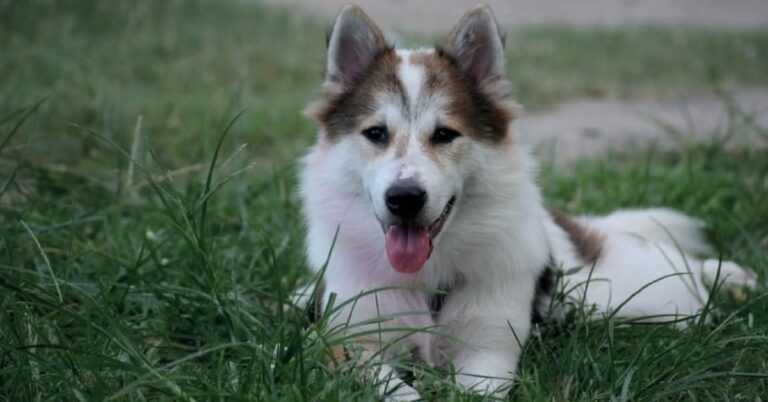20 Things That Are Making Your Dog Sad (Even If You Think They’re Fine)

Dogs might not cry into a pint of ice cream, but they definitely feel down sometimes, and the reasons aren’t always obvious. From subtle changes in routine to things you’d never suspect, here are 20 surprising reasons your dog might be sad, even if they seem fine on the surface.
New Pet Or Baby In The Household

Bringing home a new pet or baby is exciting for you—but for your dog, it can feel like they’ve been replaced. Yet don’t let guilt take over, they don’t hate the new arrival, they just need reassurance. Keep their routine, and introduce the new sibling slowly, with treats on the side!
Being Dressed In Clothes They Hate
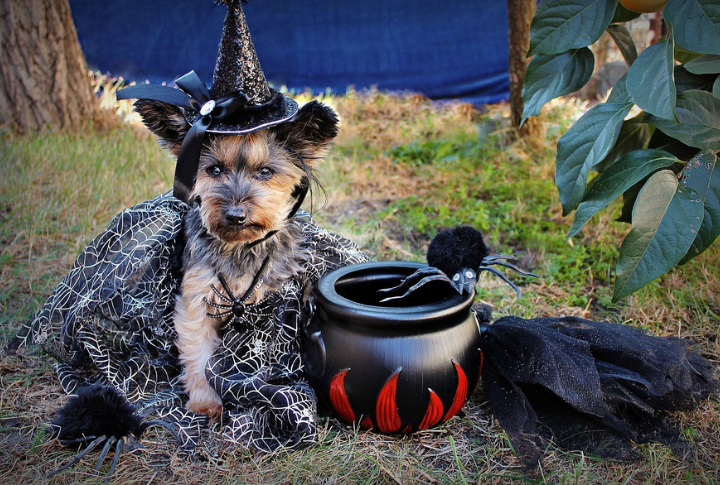
While some pups tolerate a cute sweater or Halloween costume, many feel restricted, uncomfortable, or downright miserable. Clothing limits movement, messes with their natural cooling system and even makes them feel vulnerable, like they’re trapped. Maybe let them rock with their natural fur.
Owner’s Emotions

A study from Linköping University in Sweden discovered that dogs’ stress levels mirror their owners’, meaning if you’re feeling down, your pup probably is, too. They see you as their pack leader, so they don’t just notice your facial expressions and tone of voice—they feel what you feel.
New Smell Or Furniture
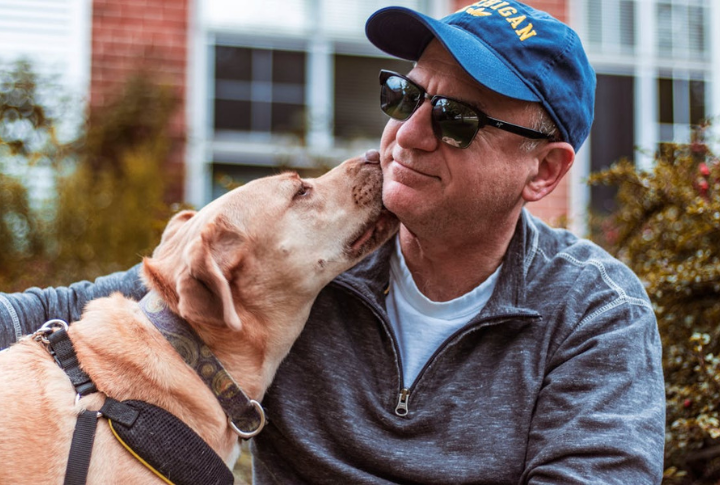
Dogs rely on scent to understand their world. A study from Emory University found that a dog’s brain lights up with happiness when they smell their owner, proving just how much scent matters to them. So, when their favorite spot suddenly smells different, it can be unsettling.
Left Alone During A Storm

Static electricity in the air causes an uncomfortable tingling sensation on a dog’s fur, making storms physically distressing. Combine that with loud booms, flashing lights, and being alone, and it’s a recipe for panic! If they associate storms with loneliness, that anxiety can escalate every time dark clouds roll in.
Lack Of Exercise

Imagine having endless energy but nowhere to use it. That’s what happens when dogs don’t get enough exercise. They may become destructive or withdrawn. Some chew furniture, and others lose interest in playtime altogether. Their sad sighs and dramatic flops might be their way of saying, “I need to move, human!”
Poor Diet
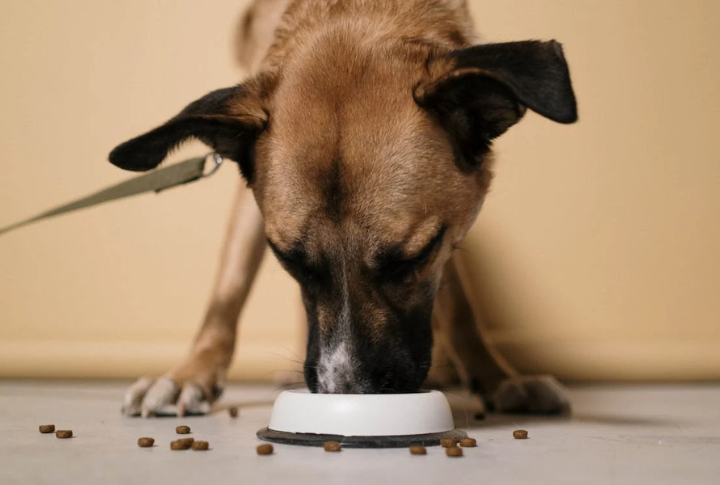
A study from the University of California, Davis, found that dogs lacking essential nutrients in their diet showed increased anxiety and lethargy. They might play less, sleep more, or develop digestive issues that make them miserable. The fix is simple: nutrient-rich food keeps them happy and healthy!
Quick Changes In Routine
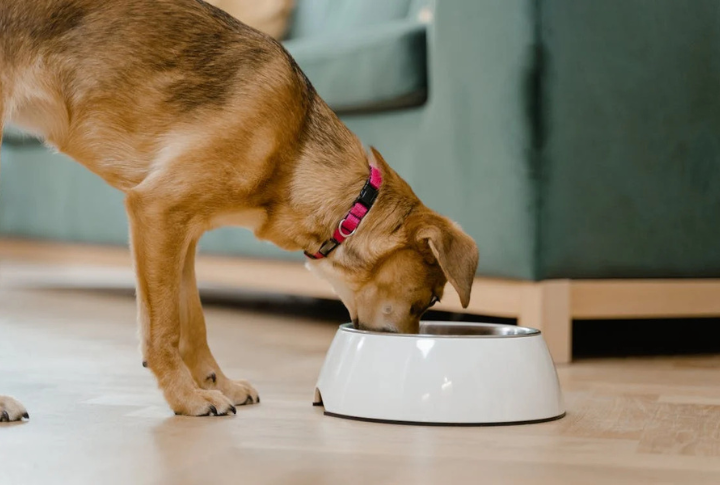
Dogs are at best on predictability, so disruptions like a new work schedule, frequent shifts in meal time, or different walking routes can cause stress. They become withdrawn and even refuse food. If change is unavoidable, ease your dog into it gradually because even amidst it, you are still their constant.
Lack Of Quality Sleep

Just like humans, dogs need good rest to stay happy and healthy. However, if there are loud noises, uncomfortable sleeping spots, or too much daytime activity, it can leave them cranky, tired, and sad. A cozy, quiet sleep space ensures they get the downtime they need and stay happy.
Feeling Uncomfortable After Grooming
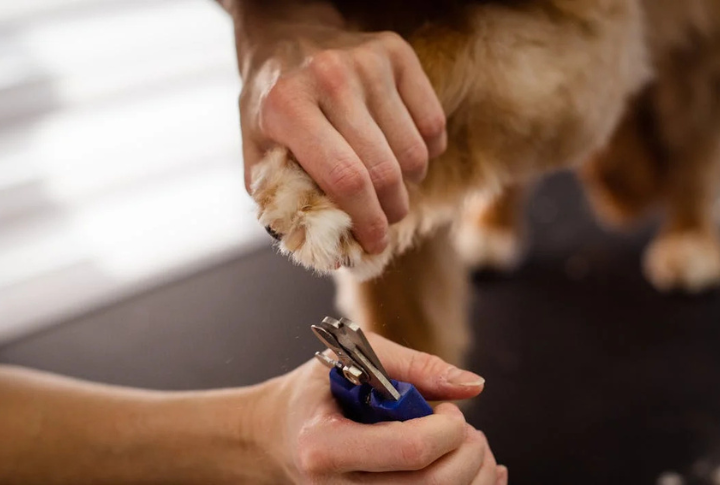
Sometimes, grooming is a total buzzkill for our furry ones. Many feel uncomfortable, itchy, or even embarrassed after grooming, especially if it involves a drastic shave. Some may feel exposed, chilly, or even insecure because, yes, dogs also feel self-conscious. Just remember not to laugh at them when it happens!
No Longer Allowed On The Couch/Bench

Dogs see the couch as their throne and their cuddle zone with you. So when they suddenly get banned from it, it feels like tough rejection. They whine, pace, or just sit there, hoping you’ll change your mind. Some even rebel by sneaking onto the couch when no one’s looking.
Poor Training Methods

Poor training methods leave dogs feeling anxious, confused, or downright sad. They may shut down, stop trying, or even become fearful of their owner. They only learn what not to do, which makes them anxious and hesitant. Make training something they look forward to, not something they dread.
Experiencing Separation
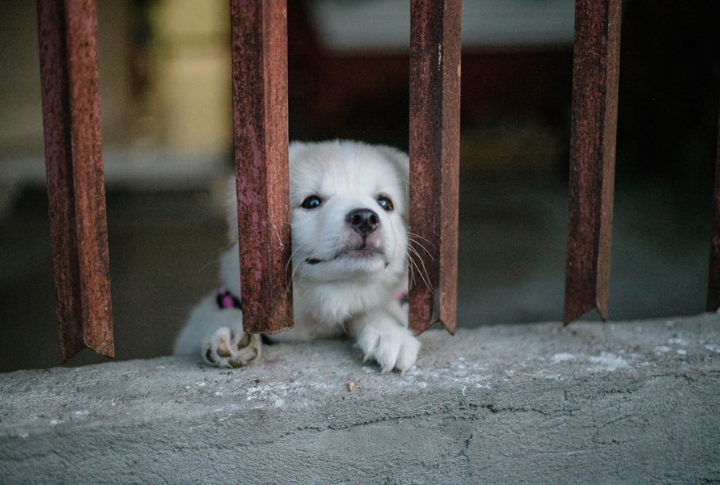
When you’re gone for long periods, they don’t understand where you went or why you left. For some pups, prolonged absence leads to loneliness, anxiety, and even depression. Greet them in some way when you return because, at the end of the day, all your dog really wants is you.
Lack Of Mental Stimulation
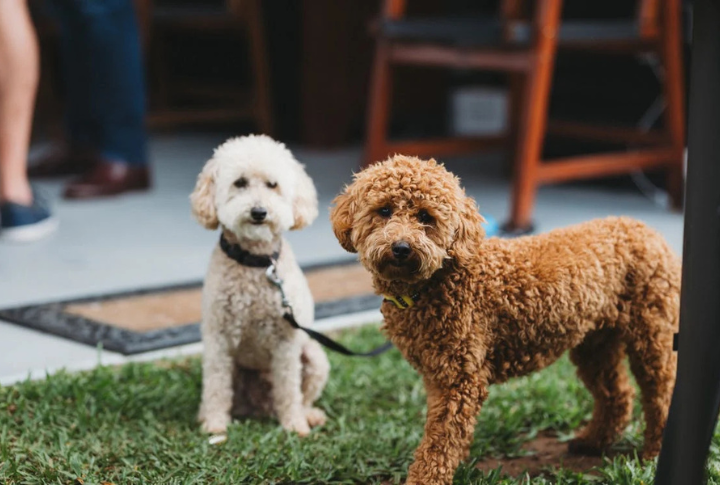
Intelligent breeds, like Border Collies and Poodles, are especially prone to frustration when they lack mental challenges. However, this doesn’t mean other pups don’t need them. Even the most chill couch potato pup needs something to do beyond physical activities to keep their mind sharp.
Signs Of Aging

Aging isn’t just about gray fur and slower walks. Imagine waking up one day and realizing you can’t run as fast, your memory feels foggy, and your favorite activities are harder to enjoy. That’s aging for a dog. Others feel anxious because their senses, like vision and hearing, aren’t as sharp.
Lack Of Socialization
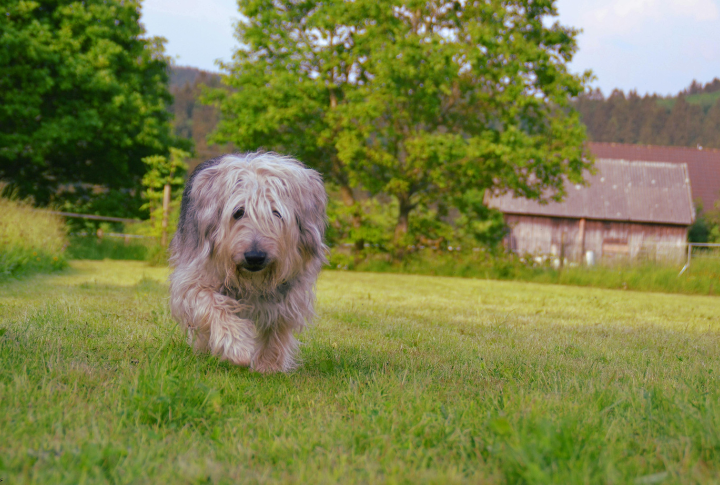
The University of Bristol concludes in their research that dogs who weren’t exposed to different environments, people, and animals during puppyhood were more likely to develop behavioral issues, including sadness and anxiety. Even adult dogs need regular social interaction to stay happy and confident.
Feeling Neglected After A Significant Event
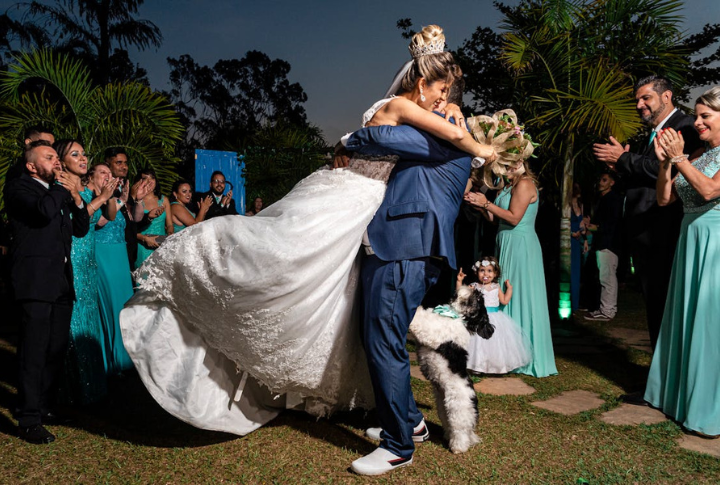
Marriage, or even recovering from an illness—big life changes can take up all your time, but your dog doesn’t understand why they’re suddenly getting less attention. A little effort goes a long way because, to your dog, you are still their whole world.
Owners Favoring Another Pet
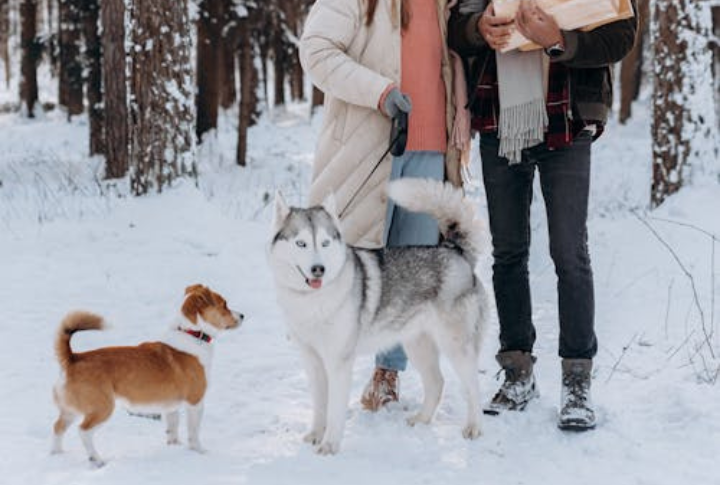
A dog who feels overlooked is just like us watching the love of our life laugh and bond with someone else while we’re sitting in the background. If one pet gets more favor, the other can feel sad or jealous, and competition starts brewing. So, make sure all your pets get the same amount of attention.
Conflict Among Homeowners

While you can’t stop every disagreement, try taking it somewhere else where your dog can’t see or hear it. They are highly sensitive to our emotions, even when no words are spoken. They might not understand, but they know something isn’t right with their humans.
Embedded In Their Personality (Breed)
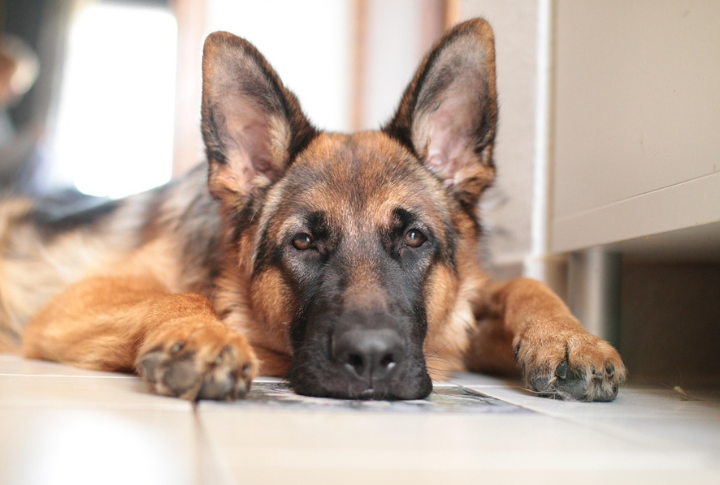
Like us, dogs have unique personalities, and some breeds are more emotional than others. Border Collies and German Shepherds are more nervous, while Basset Hounds and Greyhounds are more reserved. Pay attention, and embrace their uniqueness, because, they’re perfect just the way they are, right?




